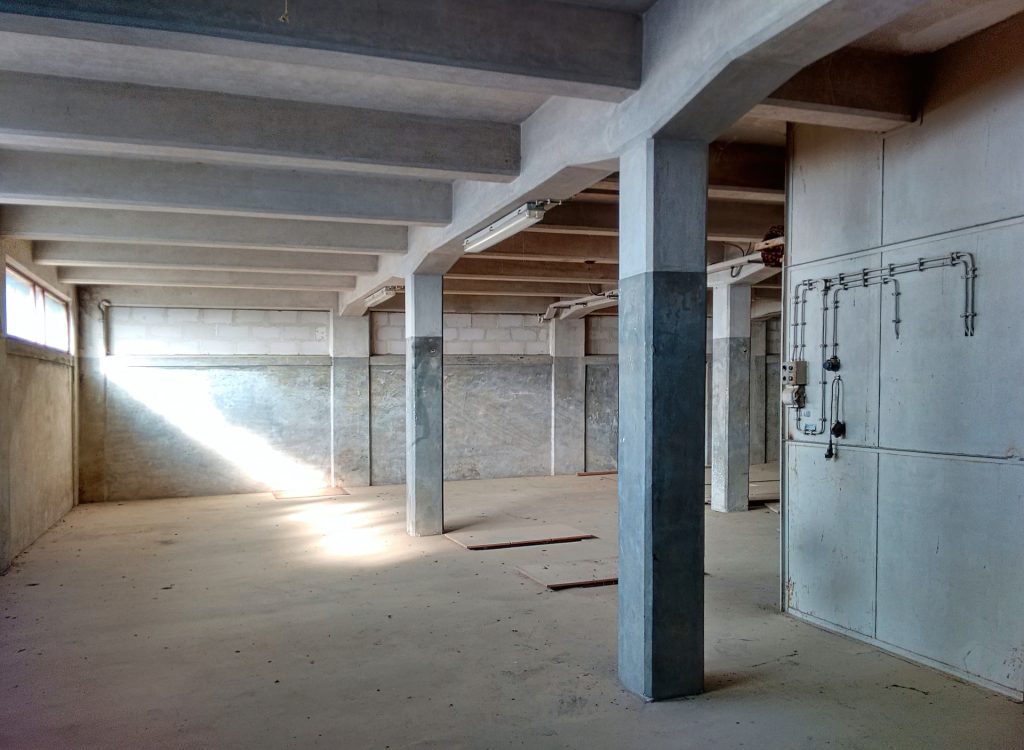Foaming agents Malaysia is crucial components in the production of lightweight concrete. The main purpose of using these agents is to reduce the density of concrete while maintaining its strength and workability. This type of concrete is widely used in construction for its numerous benefits, including improved thermal insulation, lower dead weight, and improved fire resistance. In this blog post, we will discuss the various types of foaming agents used in the production of lightweight concrete and the benefits of using them.
Types of Foaming Agents
- Synthetic Foaming Agents
Synthetic foaming agents are the most commonly used type of foaming agent in the production of lightweight concrete. These agents are produced using chemicals, such as surfactants and stabilizing agents, to produce a stable foam that can be incorporated into the concrete mixture. Synthetic foaming agents are available in both liquid and powder form, making them easy to use and transport.
- Natural Foaming Agents
Natural foaming agents are derived from natural sources such as proteins, carbohydrates, and starches. These agents are eco-friendly and do not emit harmful chemicals during the foaming process. However, the use of natural foaming agents is limited because of their short shelf life and difficulty in obtaining consistent foam production.
Benefits of Using Foaming Agents
- Lightweight Concrete
The main benefit of using foaming agents is the production of lightweight concrete. This type of concrete has a lower density than traditional concrete, making it easier to handle and transport. The use of lightweight concrete can result in significant cost savings in construction projects, as it reduces the need for heavy equipment and reduces the overall weight of the structure.
- Improved Thermal Insulation
Lightweight concrete has improved thermal insulation properties compared to traditional concrete. This makes it ideal for use in construction projects where insulation is a key factor, such as in the construction of walls, roofs, and floors. The use of lightweight concrete can result in lower heating and cooling costs, making it an energy-efficient option for construction.

- Lower Dead Weight
The use of lightweight concrete can result in a lower dead weight, which is the weight of a structure without any load. This reduction in dead weight can lead to significant cost savings in construction projects, as it reduces the number of materials required and the cost of transportation.
- Improved Fire Resistance
Lightweight concrete has improved fire resistance compared to traditional concrete. This makes it ideal for use in construction projects where fire resistance is a key factor, such as in the construction of high-rise buildings and public structures. The use of lightweight concrete can result in increased safety in the event of a fire, as it provides a fire-resistant barrier.
Conclusion
In conclusion, the use of foaming agents in the production of lightweight concrete offers numerous benefits for construction projects. The use of these agents can result in improved thermal insulation, lower dead weight, and improved fire resistance. The use of lightweight concrete can also result in significant cost savings in construction projects, making it an attractive option for builders and contractors. With the advancements in technology and research, the use of foaming agents in the production of lightweight concrete is expected to become increasingly popular in the construction industry.

